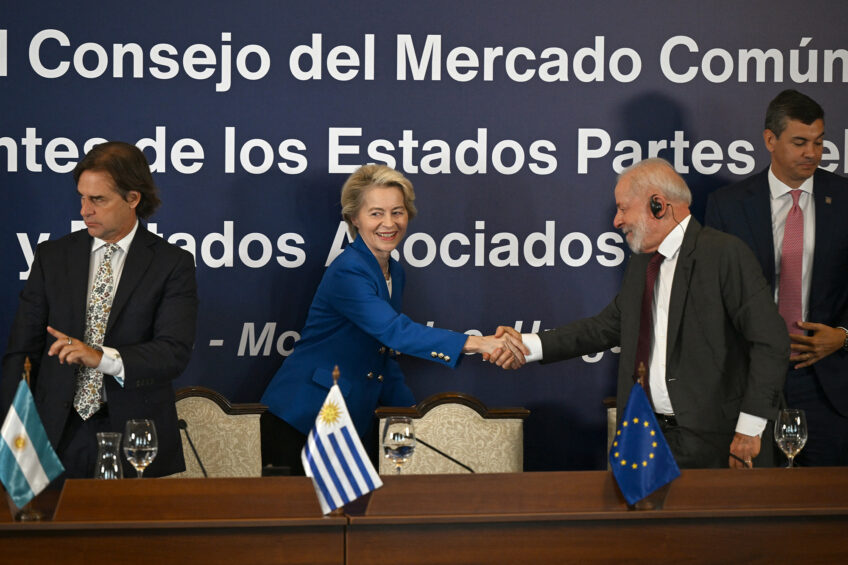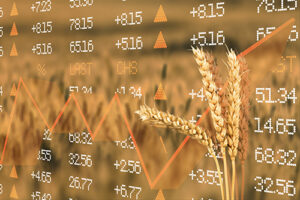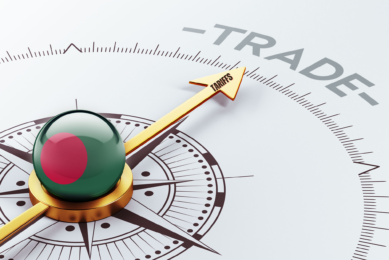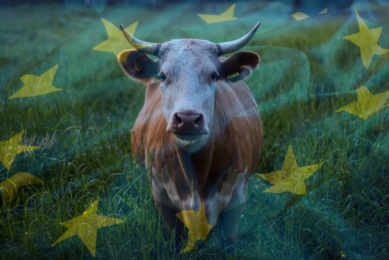How does the Mercosur-EU trade agreement impact Ag markets?

The free trade agreement between Mercosur and the European Union (EU), concluded recently after 25 years of negotiations, is set to significantly impact the export of grains and meats from South American countries.
The treaty stipulates zero tariffs on 82% of agricultural imports from Mercosur by the EU’s market and preferential access with reduced tariffs for 97% of products. While tariffs on products such as orange juice, fruits, soluble coffee, fish, crustaceans, and vegetable oils will be eliminated, others will be subject to specific tariffs, with initial volumes that will be progressively increased within 12 years. This model applies to beef, poultry, pork, corn, sorghum, meal, rice, honey, sugar, and ethanol.
Although the agreement presents an opportunity to expand South American agricultural exports, producers will be required to meet the sanitary, phytosanitary, and environmental standards imposed by the EU. Compliance with these regulations will be crucial to running the treaty.
Brazil

In 2023, the European Union accounted for 16% of Brazil’s foreign trade, amounting to approximately €85.5 billion in exports and imports. During the last year, meats comprised only 2.5% of Brazil’s exports to the bloc, while cereals and grains accounted for 6.4%.
Under the agreement, for instance, exports of corn and sorghum will have an initial quota of 1 million tonnes per year with zero tariffs, a volume that will increase over 6 stages.
However, the treaty text specifically mentions soybeans.
Poultry meat will have an initial quota of 180,000 tonnes, with zero tariffs for half of the volume. The agreement establishes a beginning quota of 25,000 tonnes per year for pork exports from Mercosur to the European Union. This quota will be subject to an intra-quota tariff of €83 per tonne, with volumes progressively increasing over 6 stages. Beef will have a quota of 99,000 tonnes per year, divided between chilled and frozen cuts, with an intra-quota tariff reduced to 7.5%.
The animal feed sector will also benefit. Products like soybean meal, widely used in animal nutrition, can expand sales through greater transparency in the relationship between the blocs.
One of the biggest bilateral free trade agreements ever negotiated
The Free Trade Agreement between Mercosur and the European Union, announced on 6th December 2024, marks a historic milestone by integrating 2 of the world’s largest economic blocs. Mercosur and the EU account for up to 718 million people and a combined Gross Domestic Product (GDP) of €20.4 trillion. That is one of the biggest bilateral free trade agreements ever negotiated. While it benefits South American agricultural products, it also favours the EU in certain agricultural products and various industrial goods.
Studies indicate that the agreement could result in a 0.34% increase in Brazil’s GDP by 2044, equivalent to about €5.75 billion based on 2023 values. Brazilian exports could grow by 2.65% (approximately €8.1 billion), while imports would increase by 2.46% (around €6.5 billion).











